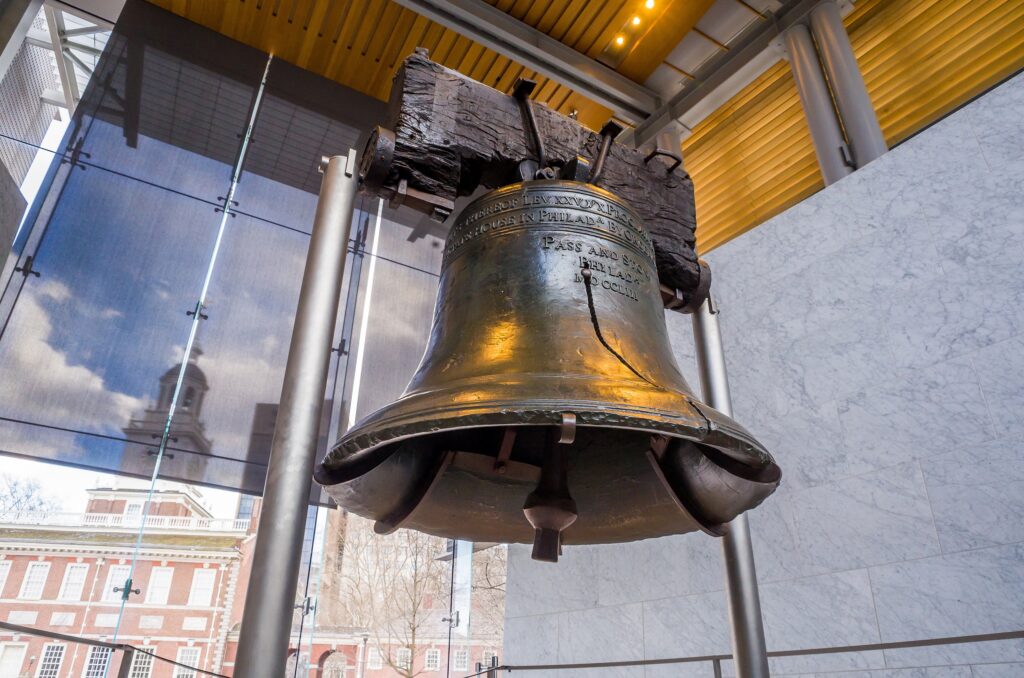Another government shutdown threatens to put craft breweries on ice
When the government shut down last December, Americans began to discover just how far the feds’ reach had stretched. From air travel and national park visits to homebuying and mail delivery, people were left wondering how the shutdown would affect them.
One place they may not have expected to find government fingerprints? Craft breweries. And yet during the 2018-19 shutdown, the Alcohol and Tobacco Tax and Trade Bureau (TTB) — the agency charged with approving all beer, wine and spirit labels before they can be sold across state lines — shuttered its label review operation. As a result, customers eager to try new brews were left wanting, and brewers hoping to sell their latest concoctions out of state were forced to sit on thousands of dollars’ worth of perishable products while the budgetary stalemate lumbered on. Smaller breweries, whose business depends on near-constant innovation, were especially hard hit.
Last year’s shutdown ended in January, but with the Dec. 20 budget deadline fast approaching, another is on the horizon. This looming threat to beer lovers’ fridges and brewers’ bottom lines highlights an important question: Why does the government need to review alcohol labels in the first place?
The answer is that it doesn’t. Indeed, federal review of alcohol labels is not only unnecessary, the agency’s standards are hopelessly subjective and the entire process may even be unconstitutional.
As it stands, if a brewery wishes to sell booze out of state, it has to apply for something called a “certificate of label approval,” or COLA, from the TTB. TTB specialists then review the label to ensure it is not “false, misleading, obscene or indecent.” Only when it receives this certificate can the new product hit shelves across state lines.
This measure may seem reasonable to some. But there are three things to keep in mind.
First, no other food or beverage labels are subject to this kind of scrutiny. Even though other labels are no less subject to deceptiveness or indecency, only alcohol gets the TTB treatment. This has led to some curious results. As Reason Magazine’s Eric Boehm reports, “[T]he TTB routinely denie[s] certain labels for alcoholic beverages that would be considered perfectly fine to slap on any other product.”
One example comes from a Los Angeles company called Chronic Candy, which makes CBD-infused candies. Chronic Candy has been selling lollipops emblazoned with its marijuana-themed moniker outside of California since 2000. But when Lagunitas Brewing Co. tried to sell a new ale dubbed “The Kronik” outside the same state, the TTB shot the label down for its allusion to marijuana. (Fittingly, Lagunitas now markets the brew as “The Censored.”) There is simply no justification for this double standard.
Second, TTB review often boils down to “government by Rorschach test.” The agency has been known to deny COLAs because a label featured a character whose eyes were too “googly”; a description of an ale as “heart-warming,” which amounted to a medical claim; a hamburger, implying that the beer contained a meat additive; and a monkey drumming on a skull, which supposedly suggested the beer had hallucinogenic properties. The TTB’s ill-defined standards give bureaucrats virtually free rein to decide what can and cannot be sold. In fact, until recently, the agency tasked a single employee — known colloquially as the “beer bottle dictator” — with reviewing every beer label in America, often with little oversight.
Finally, given that breweries communicate with their customers through labels, TTB review also brushes up against the First Amendment. In fact, D.C.-based Atlas Brew Works — which, during last year’s shutdown, faced $15,000 in losses and a delayed production schedule that threatened to topple its entire business — filed suit against the government on free-speech grounds. Its suit asserts that the nation’s Founders “would have recoiled” at the idea that someone could face criminal prosecution for speaking simply because Congress had failed to fund a federal speech-approval apparatus. As Atlas’ attorney Alan Gura observes, “The government can shut down speech regulators. It cannot shut down the First Amendment.”
The 2018-19 shutdown may be behind us, but with Congress needing to appropriate funds to agencies every year, the threat of government closure never truly disappears. And though the prospect of breweries losing out on business and consumers losing out on new brews may seem trivial compared to the more immediate problems linked to government shutdowns, the truth is that free enterprise cannot exist without free speech. And bureaucratic creep, like the TTB’s label review process, puts everyone’s rights at risk.








